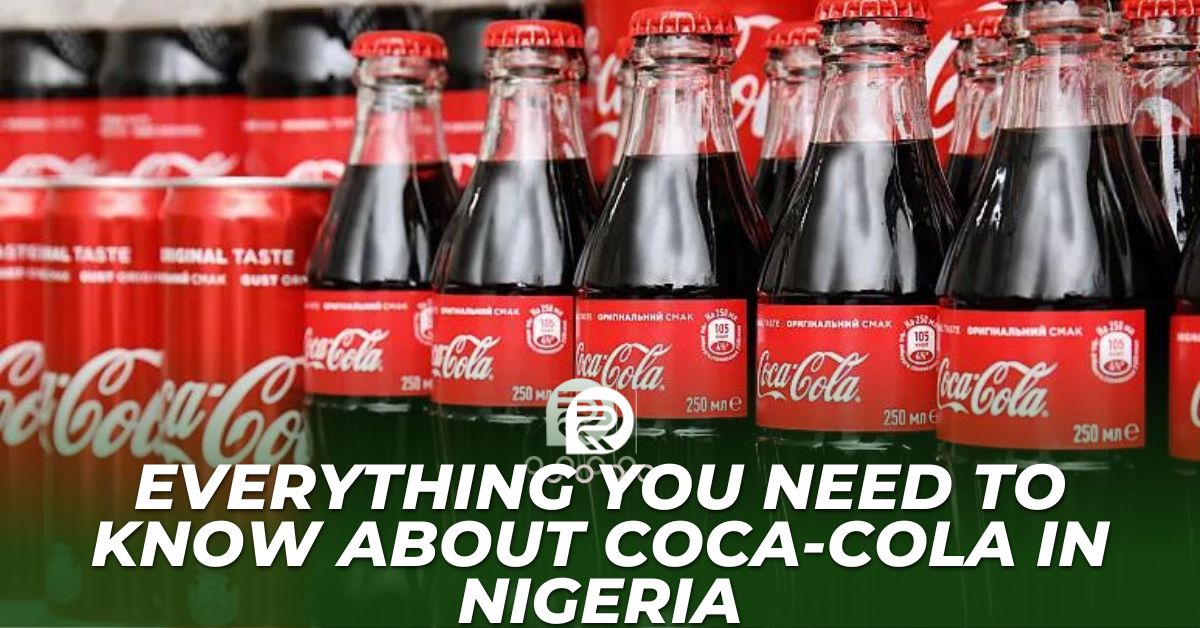Business News
History Of Coca-Cola In Nigeria
Coca-Cola also known as “Coke” is one of the biggest beverage brands in the world, with an established presence in over 200 countries including Nigeria where it has dominated 80 per cent of the market

Coca-Cola also known as “Coke” is one of the biggest beverage brands in the world, with an established presence in over 200 countries including Nigeria where it has dominated 80 per cent of the market since it was introduced in 1951. The Coca-Cola brand can be said to be responsible for the establishment of the Soda industry in Nigeria as it established the first bottling facility in Nigeria. Here is everything you need to know about Coca-Cola in Nigeria. Based on Interbrand’s “best global brand” study of 2020, Coca-Cola was the world’s sixth most valuable brand
How cola-cola was invented
Coca-Cola was invented in the late 19th century by John Stith Pemberton in Atlanta, Georgia. In 1888, Pemberton sold the ownership rights to Asa Griggs Candler, a businessman, whose marketing tactics led Coca-Cola to its dominance of the global soft-drink market throughout the 20th and 21st centuries. In 1899, the rights to bottle Coca‑Cola were sold by Asa Candler to Benjamin F. Thomas and Joseph B. Whitehead for $1
The name “Coca-Cola” refers to two of the soft drink’s original ingredients: coca leaves and kola nuts (a source of caffeine). The current formula of Coca-Cola beverages remains a trade secret although several reported recipes and experimental recreations have been published. Coca-Cola has inspired imitators and created a whole classification of soft drinks called colas. The year 2024 makes it 138 years of Coca-Cola’s establishment. In 2011, Coca‑Cola celebrated 125 years of refreshing the world.
Introduction of Coca-Cola to Nigeria

The Coca-Cola Company produces concentrate, which is then sold to licensed Coca-Cola bottlers throughout the world. The bottlers, who hold exclusive territory contracts with the company, produce the finished product in cans and bottles from the concentrate, in combination with filtered water and sweeteners. The bottlers then sell, distribute, and merchandise Coca-Cola to retail stores, restaurants, and vending machines throughout the world.
Development of the Coca-Cola Company in Nigeria
More Articles on RNN
- Top 10 Countries That Celebrate Christmas in January
- Top 10 Richest Men in Nigeria [2024]
- Companies When They Started VS Now
- Top 10 Most Expensive Artifacts In The World (2023)
